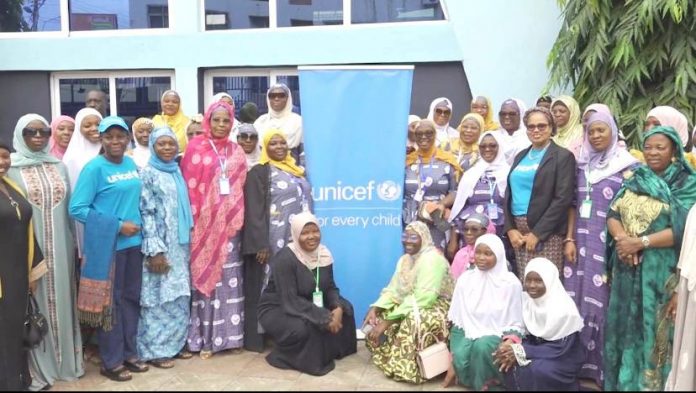UNICEF is partnering with six Civil Society Organizations (CSOs) in a nationwide effort to increase community engagement and boost uptake of the Human Papillomavirus (HPV) vaccine, with a special focus on reaching out-of-school girls aged between 9 and 14 years.
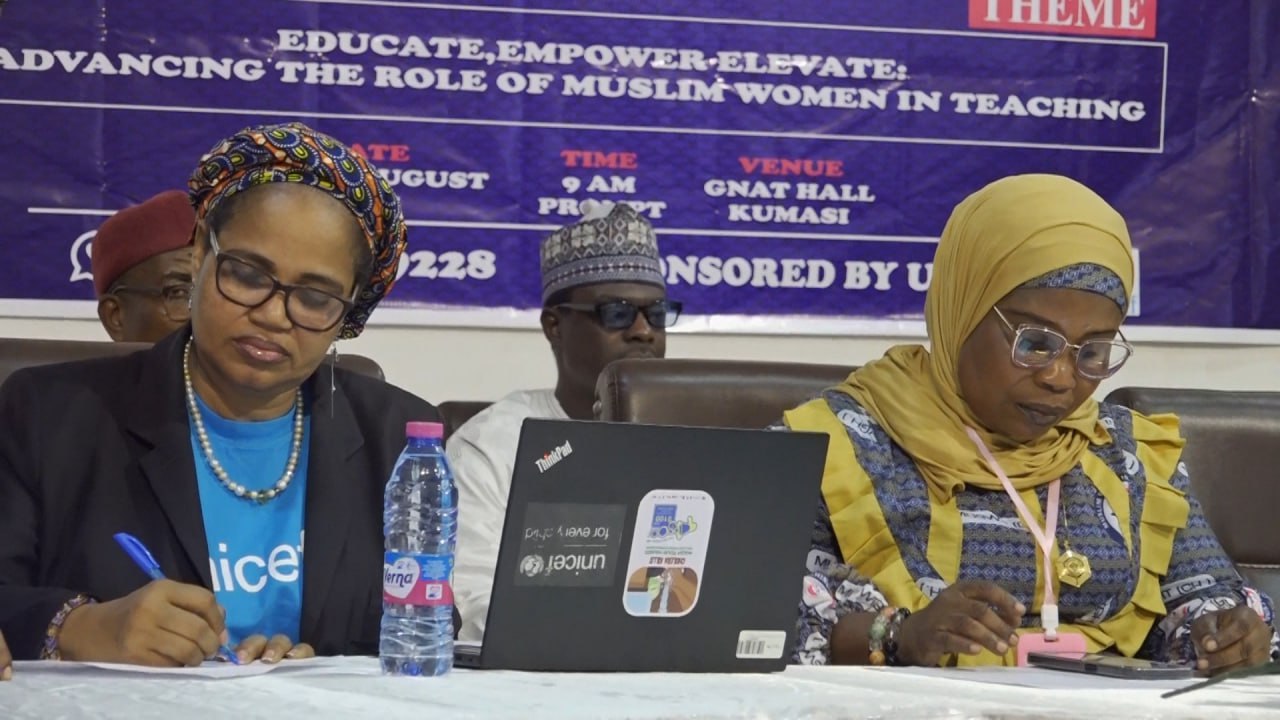
The collaboration, which includes Theatre for Social Change (TfSC), Curious Minds Ghana, DAWAH Academy, Muslim Women in Teaching (MUSWIT), The Light Foundation, and Meta Foundation, forms part of Ghana’s broader strategy to prevent cervical cancer, one of the leading causes of death among women.
Speaking at the annual National Conference of Muslim Women in Teaching in Kumasi, UNICEF Social and Behaviour Change Specialist, Charity Nikoi, underscored the crucial role of CSOs in the HPV vaccine rollout.
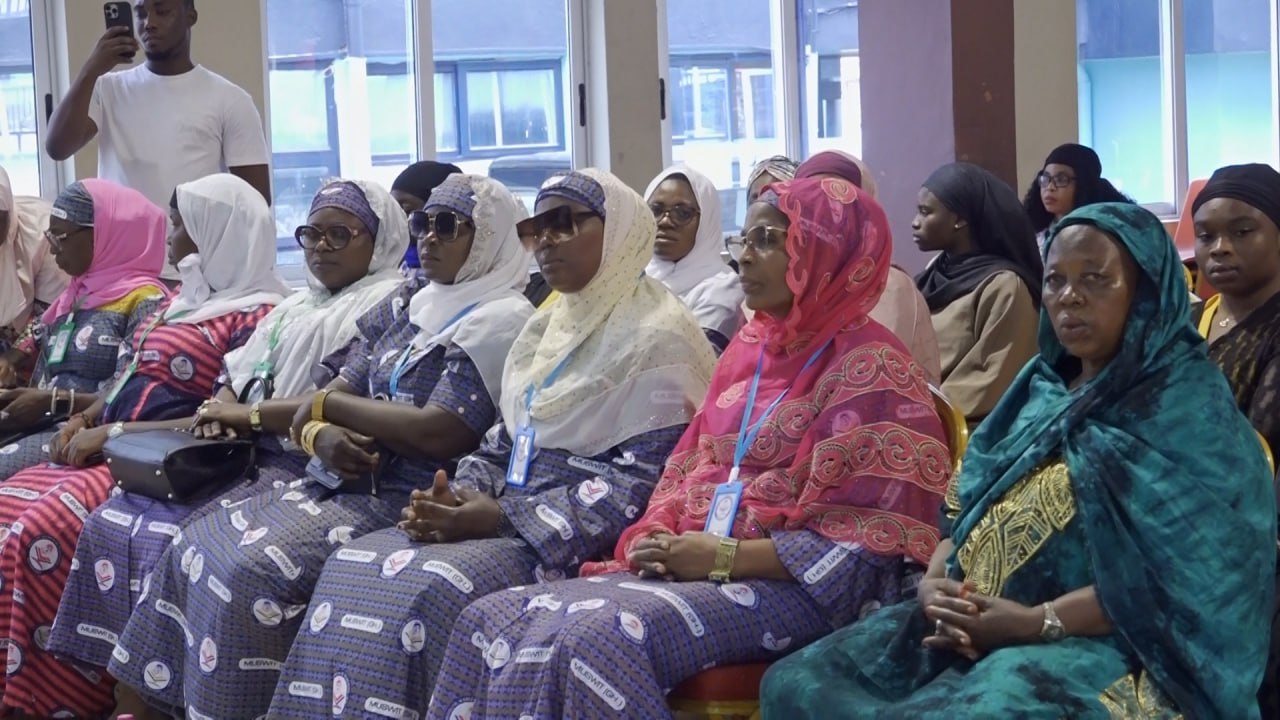
She outlined strategic approaches to ensure more girls are reached, including engaging religious and community leaders, taking vaccine information directly to households, training local influencers to share accurate information, and using peer networks to remind eligible girls to get vaccinated.
“We need to build trust within our communities,” Madam Nikoi said. “By encouraging families to choose facts over fear, supporting school-based vaccination, and ensuring that out-of-school girls are not left behind, we can protect every eligible girl in Ghana from cervical cancer.”
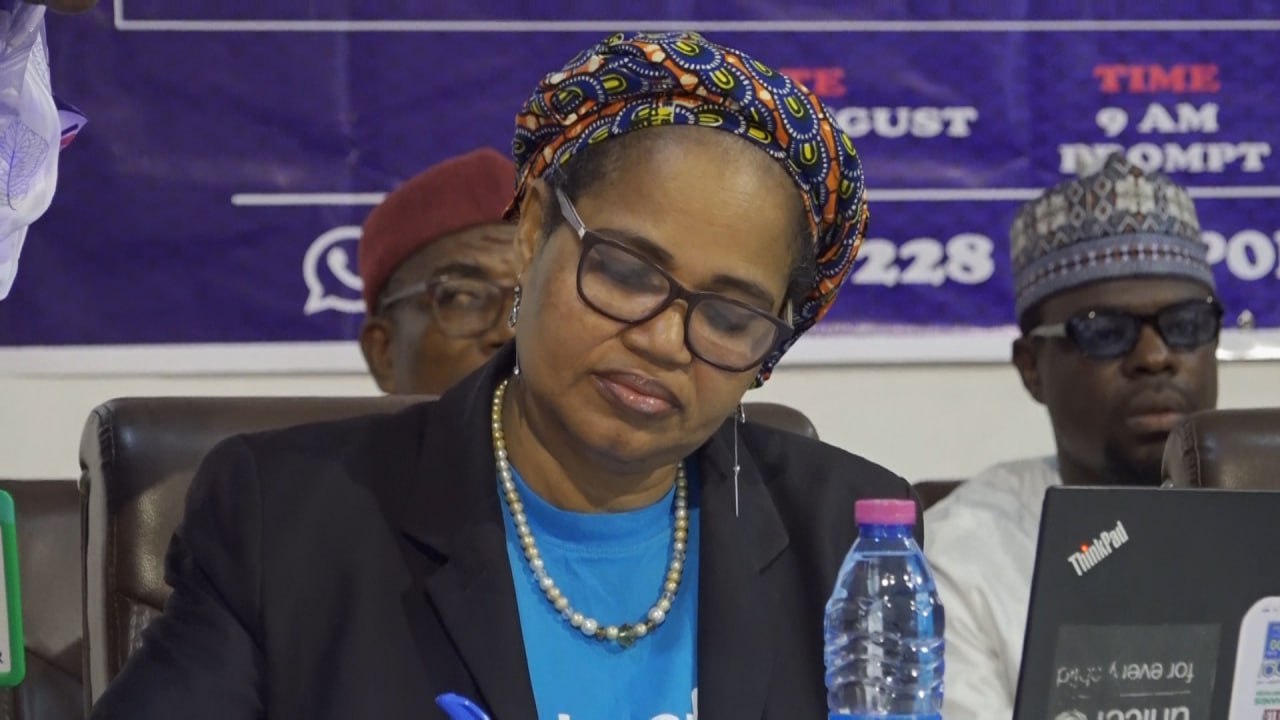
She urged members of MUSWIT to lead by example in championing the HPV vaccine in public spaces and to actively fight misinformation by working alongside the media, health experts, and trained volunteers.
Highlighting the importance of community acceptance, Hajia Amina Deen Ibrahim, National President of MUSWIT, appealed to parents especially those within the Muslim community to prioritise their daughters’ health.
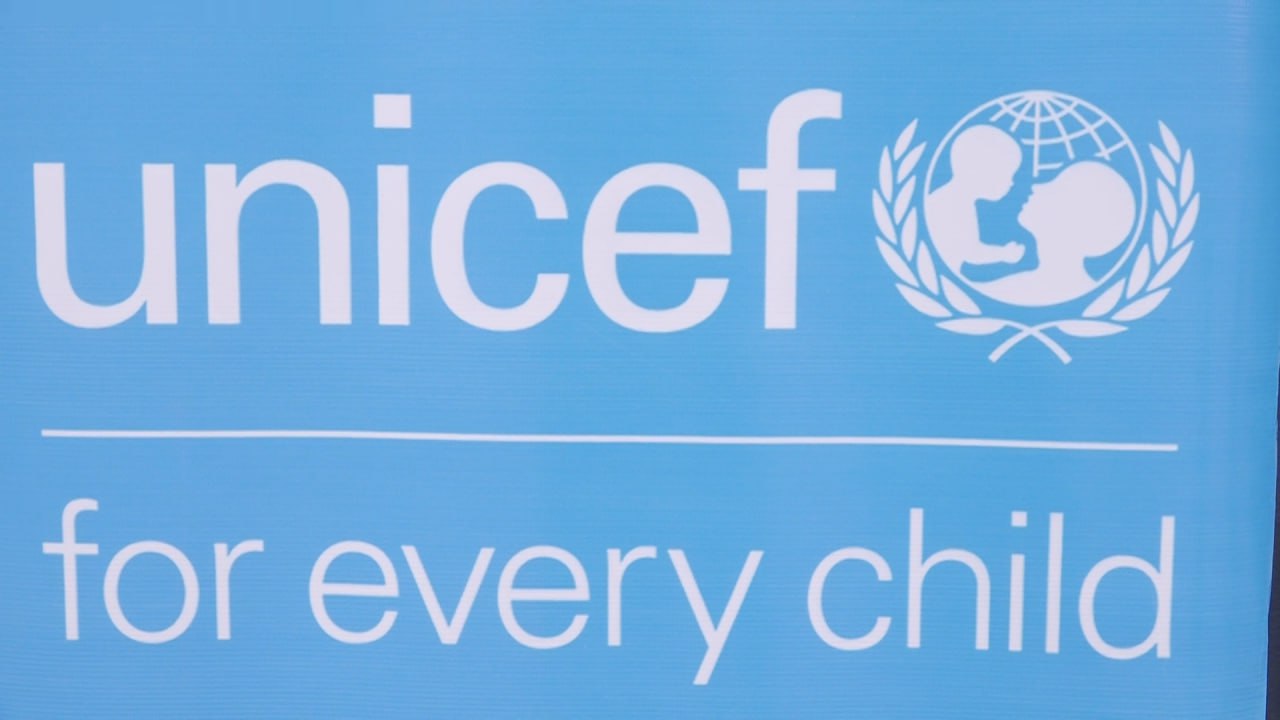
“I want to encourage all parents, particularly in the Muslim community, to allow their children to receive the HPV vaccine and not to attach religious beliefs that make them think taking it is a sin,” Hajia Amina stated.
“Cervical cancer does not know the religion one belongs to; it can affect anyone. We must come out of our shells and welcome health interventions when the time comes.”
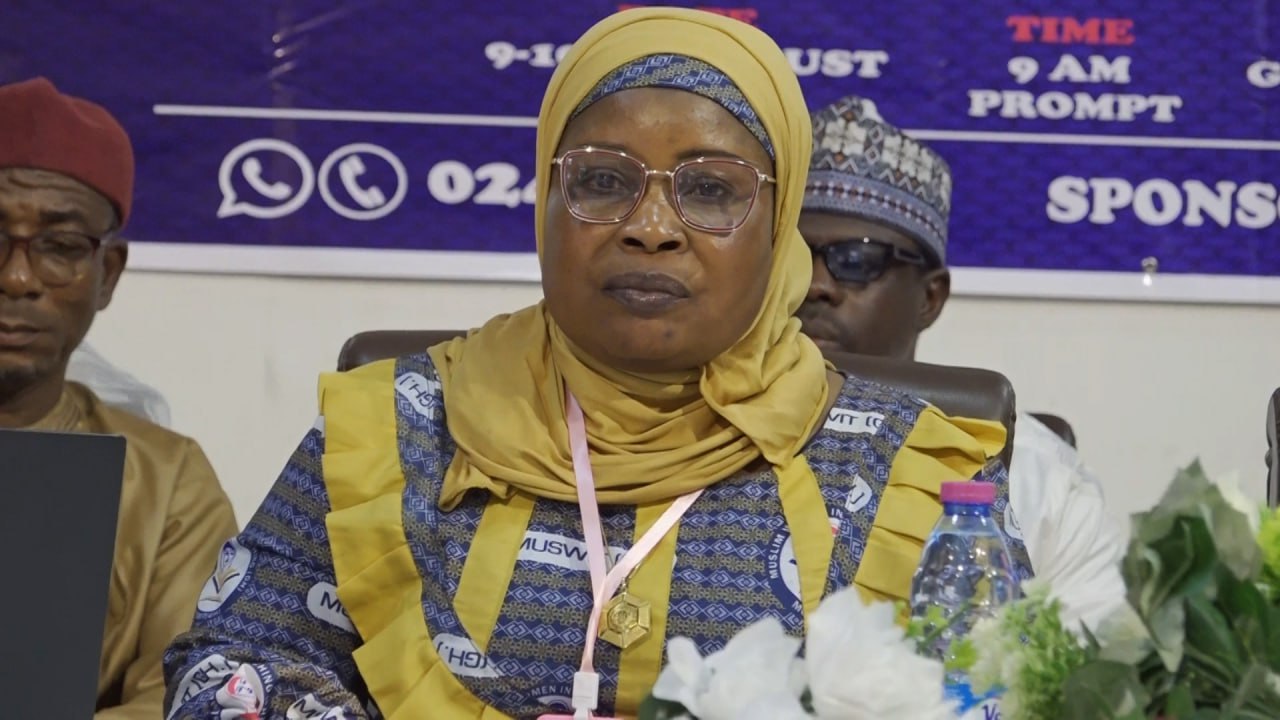
The HPV vaccine offers strong protection against the virus responsible for most cervical cancer cases.
Globally, cervical cancer is the fourth most common cancer, with 604,000 new cases and 341,800 deaths recorded each year. Alarmingly, 84% of cases and 86% of deaths occur in low- or middle-income countries.
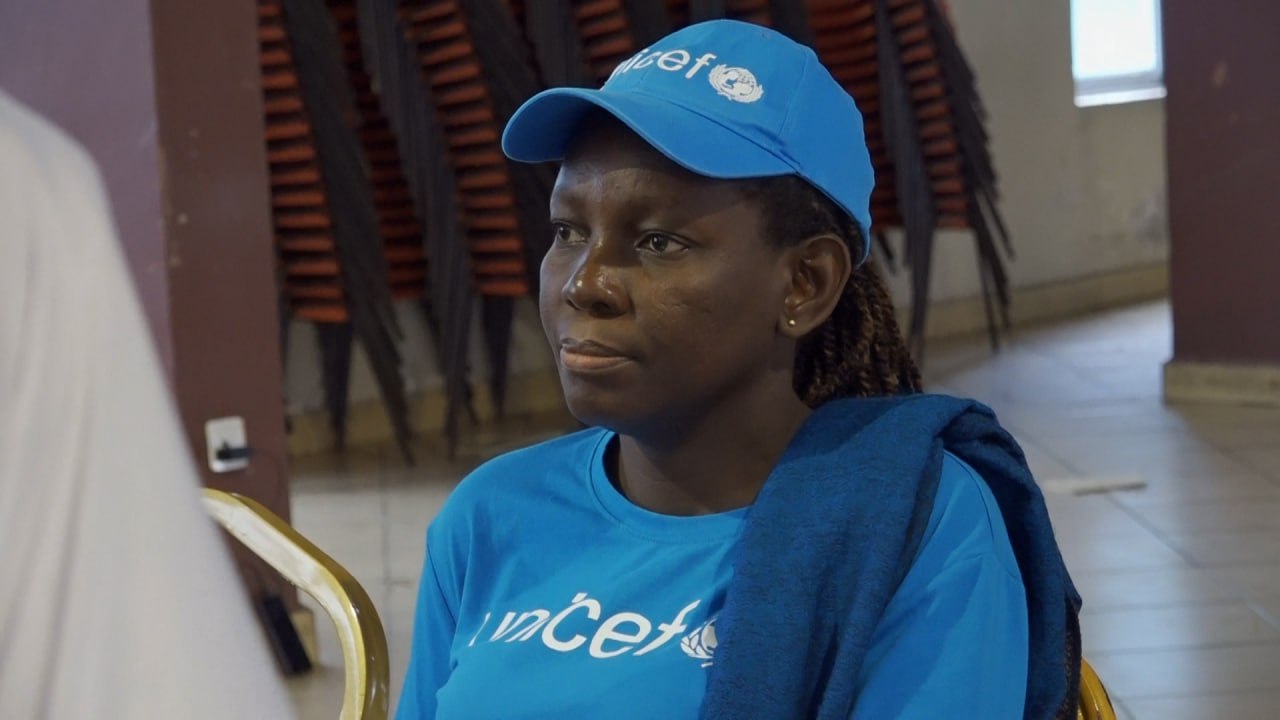
Public health experts stress that vaccination, combined with regular screening, is the most effective way to eliminate cervical cancer as a public health threat.
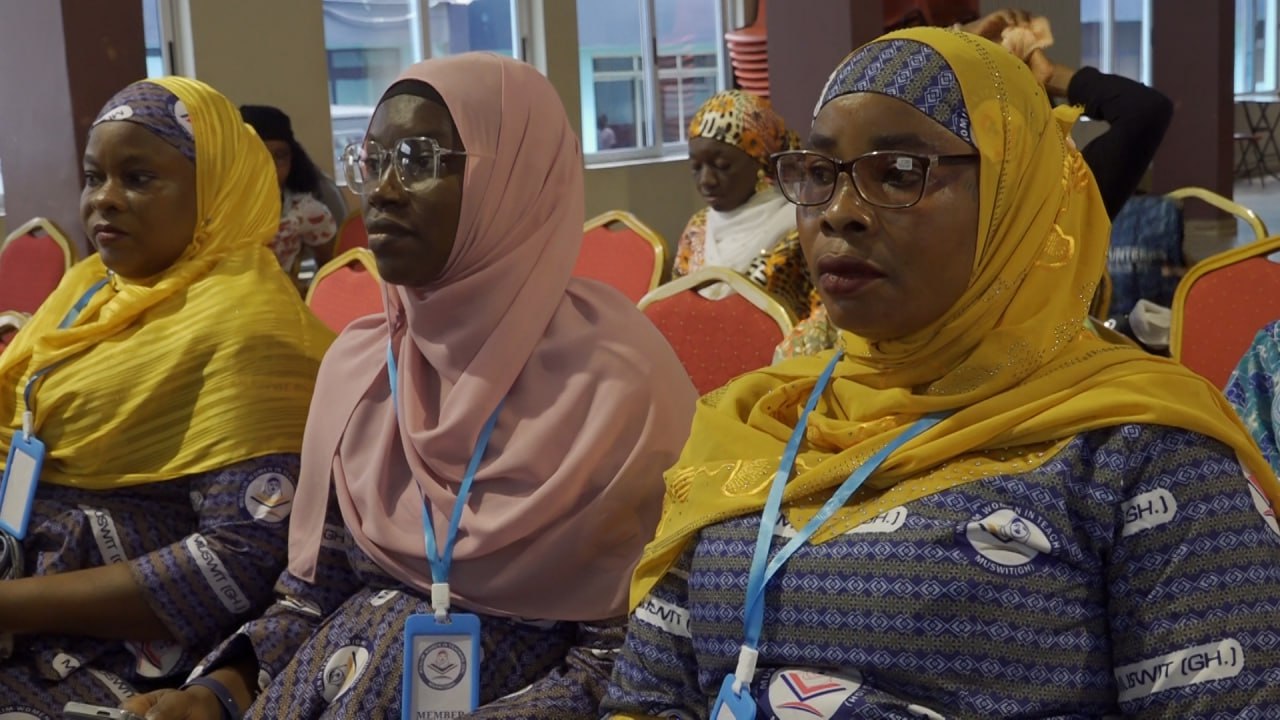
UNICEF and its partners are therefore committed to ensuring that “no girl is left behind”, whether she is in school or not.
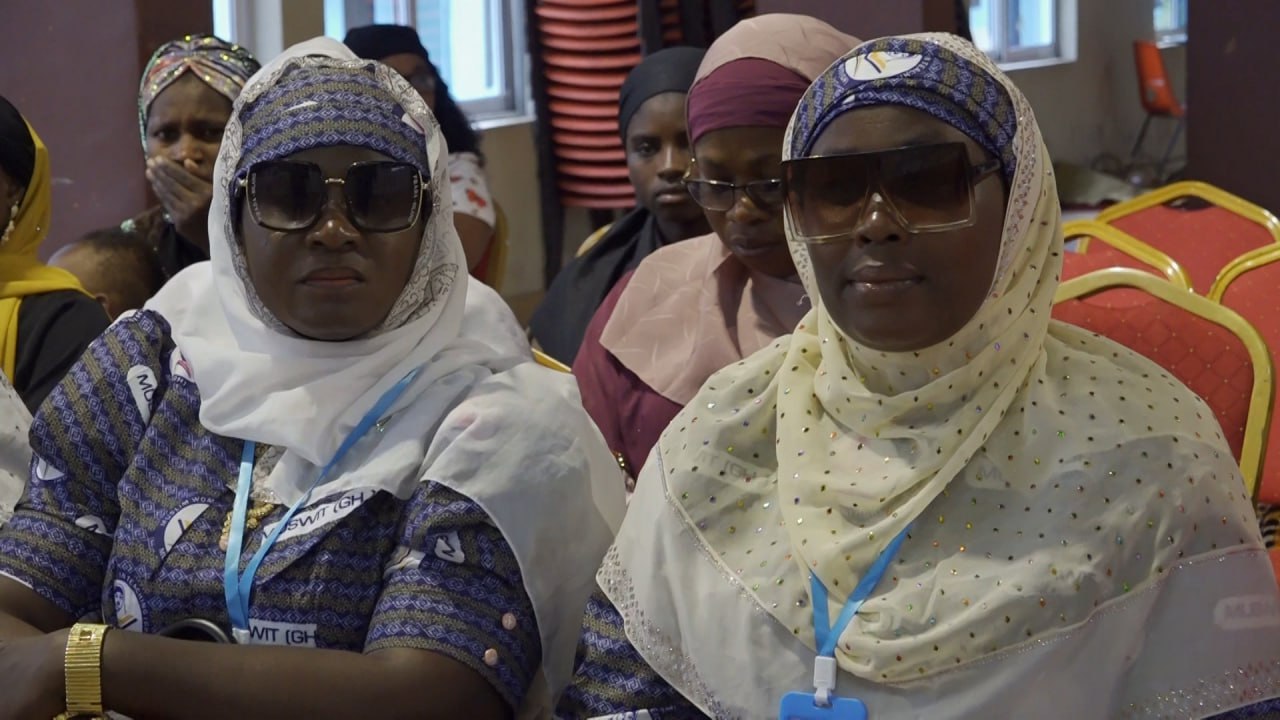
As Ghana intensifies its HPV vaccine introduction, the partnership between UNICEF and the six CSOs is expected to bridge cultural, social, and informational gaps, ensure that every girl has the opportunity to live free from the threat of cervical cancer.
By; Nana Yaw Owusu (0240782639).

